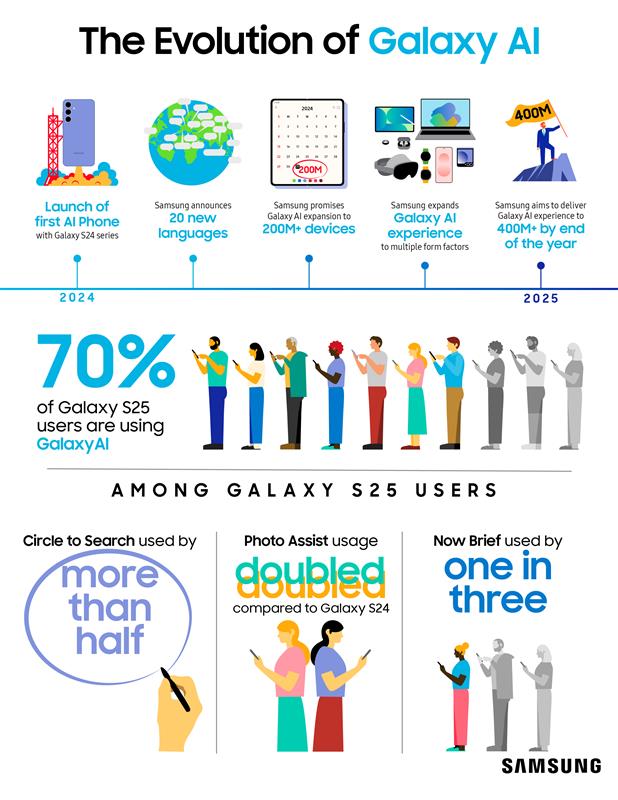As people age, their ability to solve abstract problems tends to decline. A new study has revealed how the brain can adapt to compensate for this decline in cognitive function, shedding light on the factors that influence cognitive performance in older adults. By studying brain activity using fMRI scans, researchers have identified the pivotal role of the cuneus region in this compensatory mechanism, offering potential insights into interventions that could help maintain cognitive health in older populations. The findings suggest that the brain’s ability to adapt to aging may be influenced by factors such as education and lifestyle, pointing to potential avenues for enhancing cognitive longevity.Key insights from the study include the brain’s ability to compensate for age-related decline by employing additional regions, ultimately improving task performance in older adults. The cuneus region was found to play a crucial role in tasks involving visual information processing, indicating that it may contribute to the brain’s adaptive processes in older individuals.Source: University of CambridgeA recent study provides compelling evidence that the brain can compensate for age-related deterioration by engaging other areas to enhance brain function and sustain cognitive performance. This revelation is significant because it adds to our understanding of the complexities of brain function and adaptation, offering hope for countering the effects of aging on cognitive abilities. With the use of brain imaging technology, the study sheds light on the brain’s adaptive strategies to overcome cognitive decline associated with aging. This insight may pave the way for future interventions aimed at bolstering cognitive health in older adults.  This study strengthens the notion that some individuals are capable of compensating for age-related changes in brain tissue by enlisting other brain regions to support cognitive tasks. By examining brain scans, the researchers observed that the brain’s recruitment of additional areas can lead to improved task performance in older individuals.Investigators sought to determine if the brain’s recruitment of other areas during cognitive tasks positively impacts task performance, and whether it offers insights into how tasks can be carried out. The research team, in collaboration with the University of Sussex, found that the recruitment of additional brain regions led to enhanced performance specifically in older individuals. Dr. Kamen Tsvetanov, lead researcher of the study, explained, “Our ability to solve abstract problems is a sign of so-called ‘fluid intelligence,’ but as we get older, this ability begins to show significant decline.” The team’s observations suggest that individuals who are able to maintain this ability may be recruiting other areas of the brain to overcome the changes that would otherwise be detrimental.Brain imaging studies have shown that fluid intelligence tasks engage the ‘multiple demand network’ (MDN), a brain network involving regions at the front and rear of the brain, but its activity decreases with age. To investigate whether the brain compensates for this decline in activity, the researchers analyzed imaging data from 223 adults between 19 and 87 years of age. Volunteers were asked to complete problem-solving tasks of varying difficulty while their brain activity was monitored using functional magnetic resonance imaging (fMRI). The results revealed that, in general, the ability to solve problems decreased with age. The MDN was notably active, as were brain regions involved in processing visual information. Further analysis of the imaging data using machine-learning techniques identified two brain regions that exhibited greater activity in older individuals and were linked to better task performance. Of these regions, the cuneus at the rear of the brain was particularly noteworthy, as it displayed a stronger relationship with task performance in older individuals than in younger participants and provided additional information about the task beyond the MDN. The reasons for the recruitment of the cuneus region for this task remain unclear, but the researchers posit that this brain region may play a role in sustaining focus on visual stimuli. Older adults tend to struggle with temporarily retaining visual information, such as the complex puzzle pieces used in the task. The heightened activity in the cuneus might reflect a compensatory strategy to offset their diminished visual memory abilities.Dr. Ethan Knights from the Medical Research Council Cognition and Brain Sciences Unit at Cambridge noted, “Now that we’ve seen this compensation happening, we can start to ask questions about why it happens for some older people, but not others, and in some tasks, but not others.” The study suggests that interventions may be tailored to capitalize on the compensatory processes observed in some individuals, potentially leading to improved cognitive performance in older age.Dr. Alexa Morcom from the University of Sussex’s School of Psychology and Sussex Neuroscience research center added, “This new finding also hints that compensation in later life does not rely on the multiple demand network as previously assumed, but recruits areas whose function is preserved in aging.”Funding for the research was provided by the Medical Research Council, the Biotechnology and Biological Sciences Research Council, the European Union’s Horizon 2020 research and innovation program, the Guarantors of Brain, and the Alzheimer’s Society.About this aging and cognition research newsAuthor: Craig Brierley
This study strengthens the notion that some individuals are capable of compensating for age-related changes in brain tissue by enlisting other brain regions to support cognitive tasks. By examining brain scans, the researchers observed that the brain’s recruitment of additional areas can lead to improved task performance in older individuals.Investigators sought to determine if the brain’s recruitment of other areas during cognitive tasks positively impacts task performance, and whether it offers insights into how tasks can be carried out. The research team, in collaboration with the University of Sussex, found that the recruitment of additional brain regions led to enhanced performance specifically in older individuals. Dr. Kamen Tsvetanov, lead researcher of the study, explained, “Our ability to solve abstract problems is a sign of so-called ‘fluid intelligence,’ but as we get older, this ability begins to show significant decline.” The team’s observations suggest that individuals who are able to maintain this ability may be recruiting other areas of the brain to overcome the changes that would otherwise be detrimental.Brain imaging studies have shown that fluid intelligence tasks engage the ‘multiple demand network’ (MDN), a brain network involving regions at the front and rear of the brain, but its activity decreases with age. To investigate whether the brain compensates for this decline in activity, the researchers analyzed imaging data from 223 adults between 19 and 87 years of age. Volunteers were asked to complete problem-solving tasks of varying difficulty while their brain activity was monitored using functional magnetic resonance imaging (fMRI). The results revealed that, in general, the ability to solve problems decreased with age. The MDN was notably active, as were brain regions involved in processing visual information. Further analysis of the imaging data using machine-learning techniques identified two brain regions that exhibited greater activity in older individuals and were linked to better task performance. Of these regions, the cuneus at the rear of the brain was particularly noteworthy, as it displayed a stronger relationship with task performance in older individuals than in younger participants and provided additional information about the task beyond the MDN. The reasons for the recruitment of the cuneus region for this task remain unclear, but the researchers posit that this brain region may play a role in sustaining focus on visual stimuli. Older adults tend to struggle with temporarily retaining visual information, such as the complex puzzle pieces used in the task. The heightened activity in the cuneus might reflect a compensatory strategy to offset their diminished visual memory abilities.Dr. Ethan Knights from the Medical Research Council Cognition and Brain Sciences Unit at Cambridge noted, “Now that we’ve seen this compensation happening, we can start to ask questions about why it happens for some older people, but not others, and in some tasks, but not others.” The study suggests that interventions may be tailored to capitalize on the compensatory processes observed in some individuals, potentially leading to improved cognitive performance in older age.Dr. Alexa Morcom from the University of Sussex’s School of Psychology and Sussex Neuroscience research center added, “This new finding also hints that compensation in later life does not rely on the multiple demand network as previously assumed, but recruits areas whose function is preserved in aging.”Funding for the research was provided by the Medical Research Council, the Biotechnology and Biological Sciences Research Council, the European Union’s Horizon 2020 research and innovation program, the Guarantors of Brain, and the Alzheimer’s Society.About this aging and cognition research newsAuthor: Craig Brierley
Source: University of Cambridge
Contact: Craig Brierley – University of Cambridge
Image: The image is credited to Neuroscience NewsOriginal Research: Open access.
“Neural Evidence of Functional Compensation for Fluid Intelligence Decline in Healthy Ageing” by Kamen Tsvetanov et al. eLifeAbstractNeural Evidence of Functional Compensation for Fluid Intelligence Decline in Healthy AgeingFunctional compensation is a common notion in the neuroscience of healthy ageing, whereby older adults are proposed to recruit additional brain activity to compensate for reduced cognitive function. However, whether this additional brain activity in older participants actually helps their cognitive performance remains debated.We examined brain activity and cognitive performance in a human lifespan sample (N=223) while they performed a problem-solving task (based on Cattell’s test of fluid intelligence) during functional magnetic resonance imaging (fMRI).Whole-brain univariate analysis revealed that activity in bilateral cuneal cortex for hard vs. easy problems increased both with age and with performance, even when adjusting for an estimate of age-related differences in cerebrovascular reactivity.Multivariate Bayesian decoding further demonstrated that age increased the likelihood that activation patterns in this cuneal region provided non-redundant information about the two task conditions, beyond that of the multiple-demand network generally activated in this task.This constitutes some of the strongest evidence yet for functional compensation in healthy ageing, at least in this brain region during visual problem-solving.
Insight into How the Brain Preserves Cognition in Older Age














